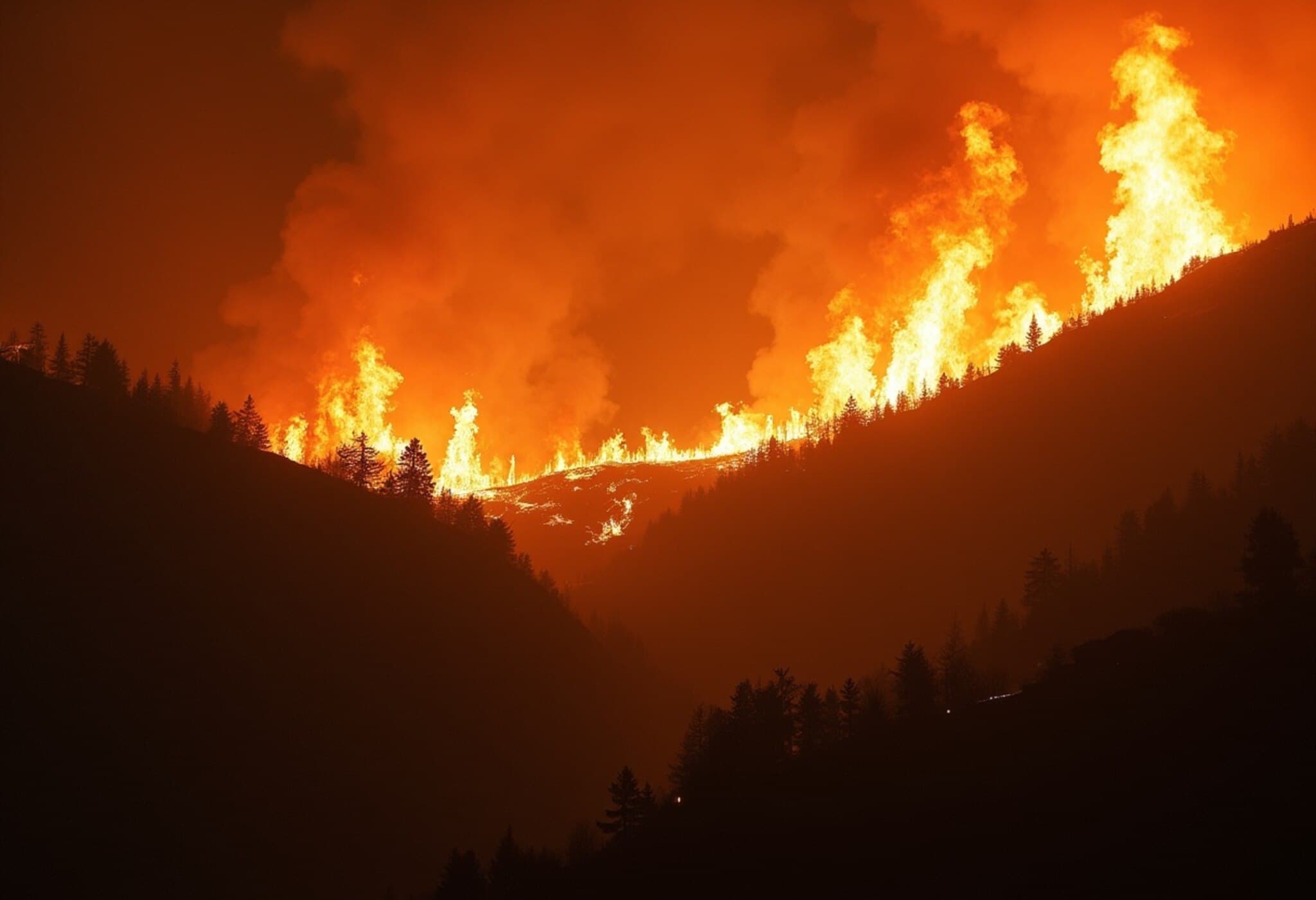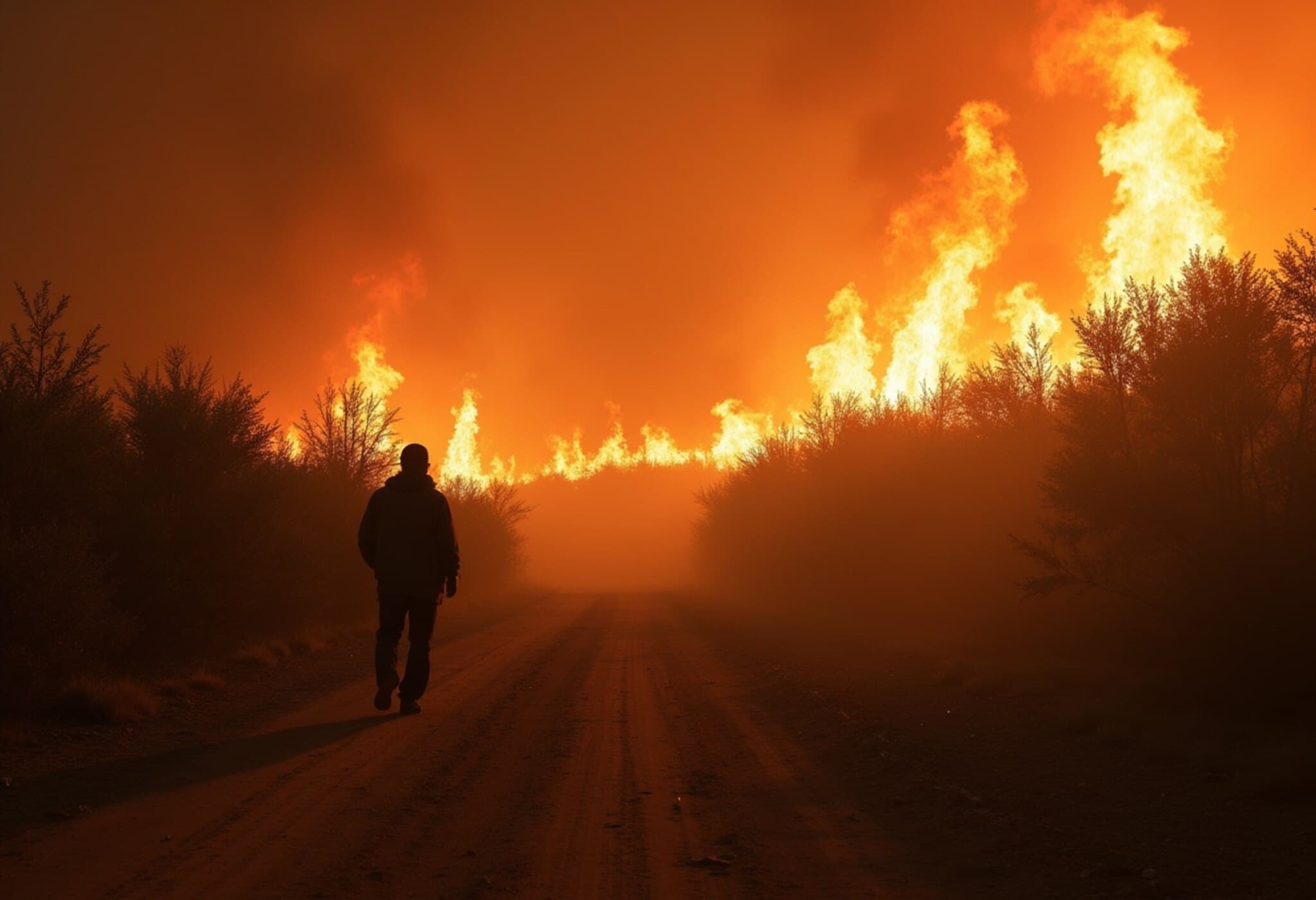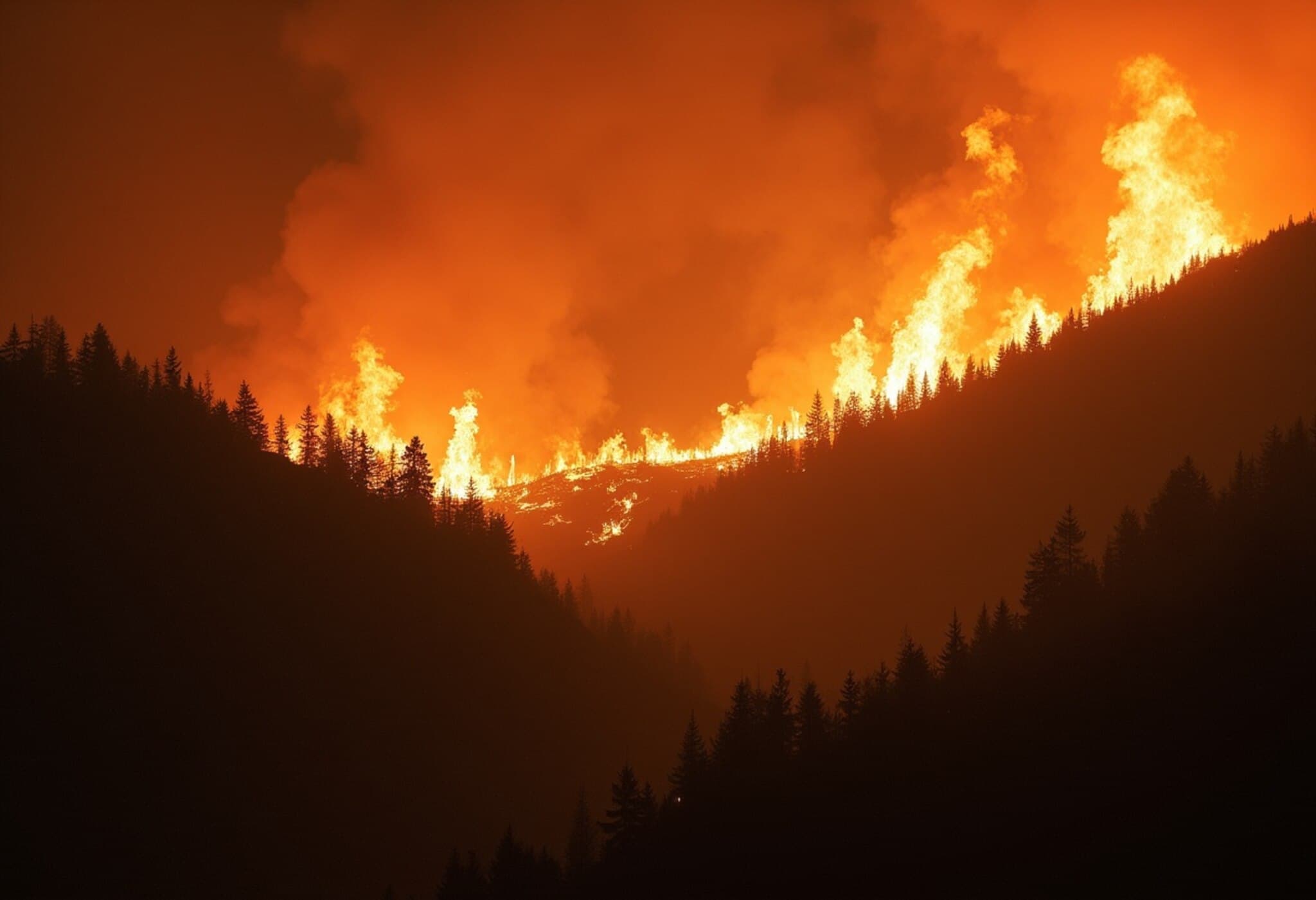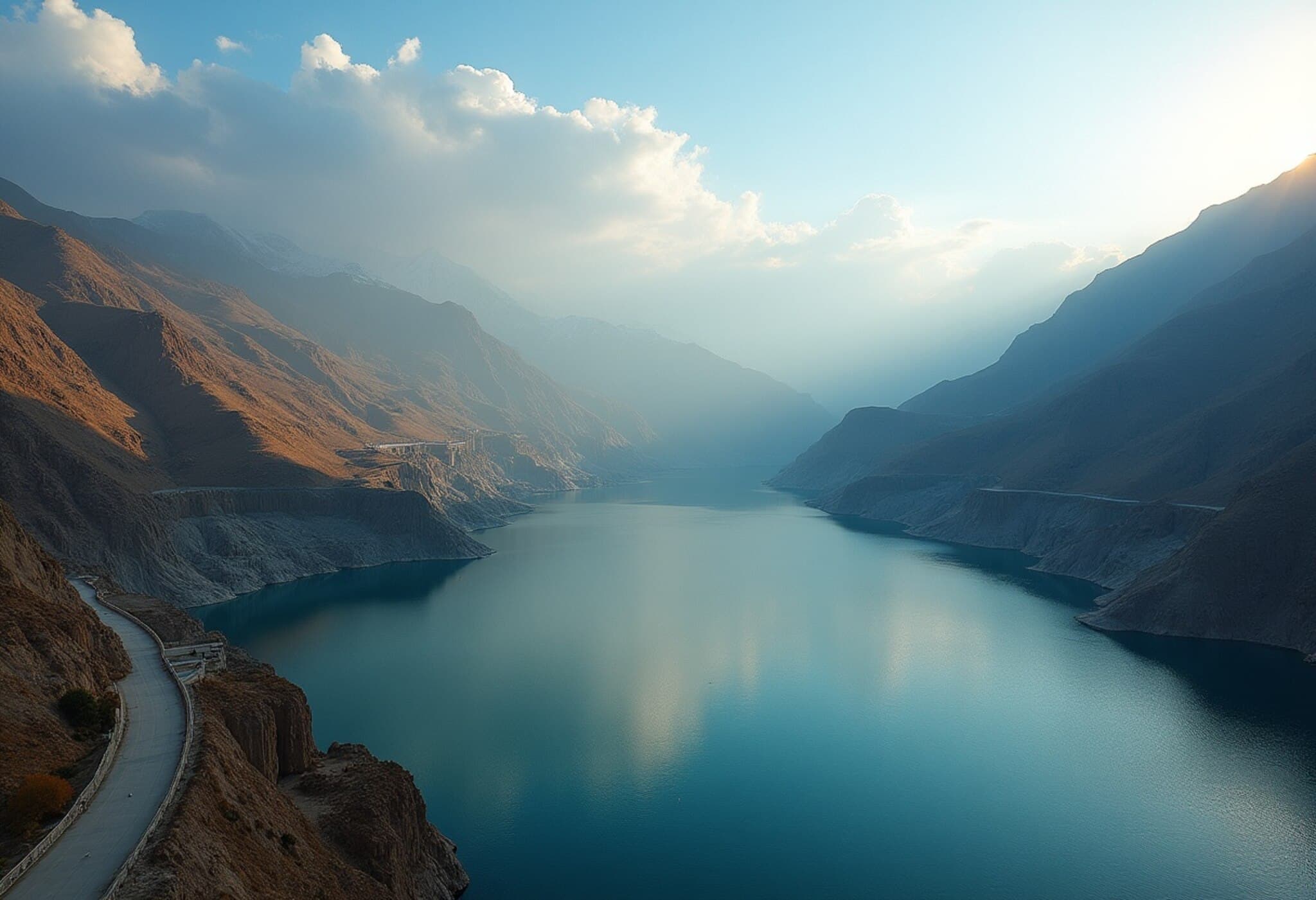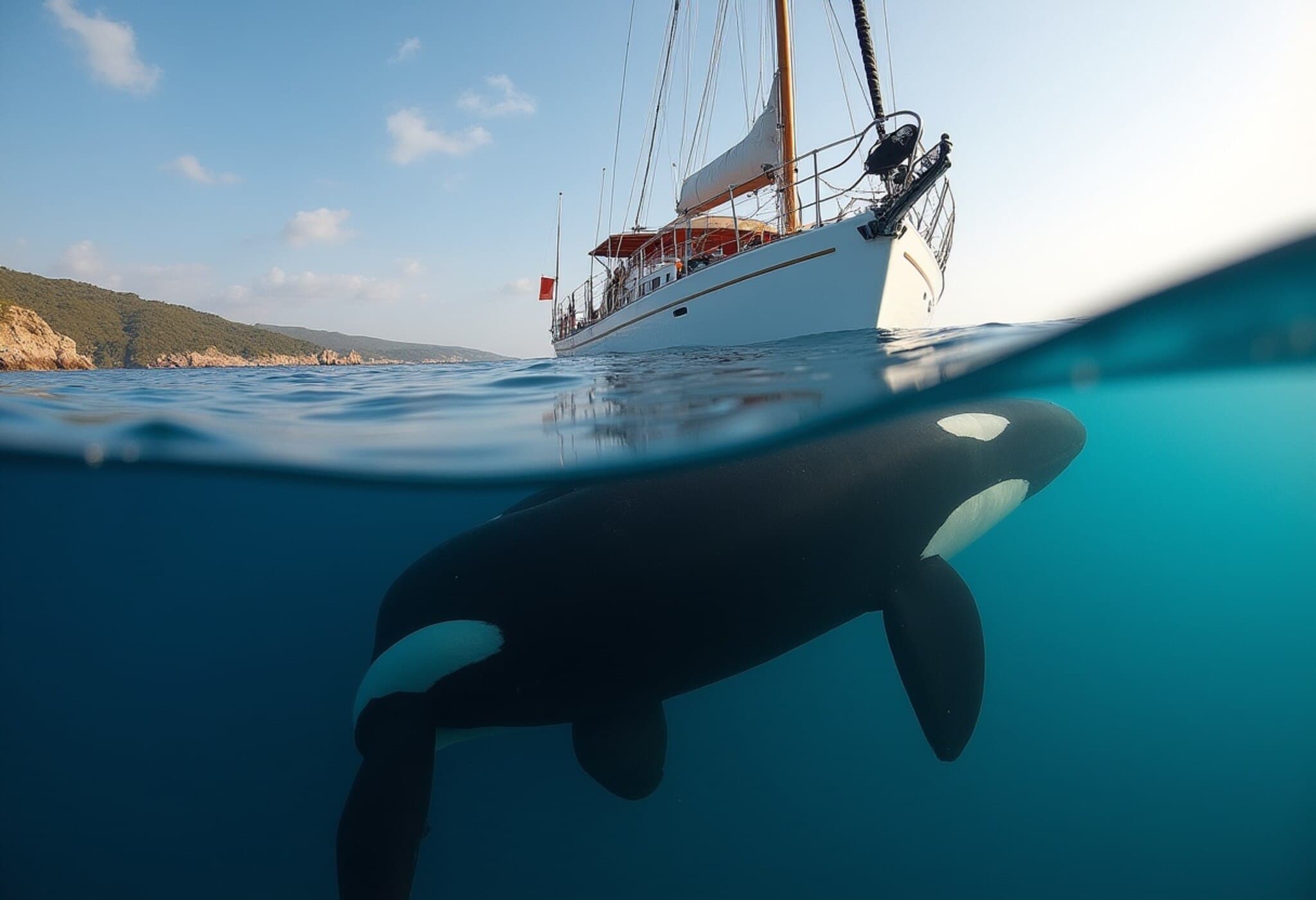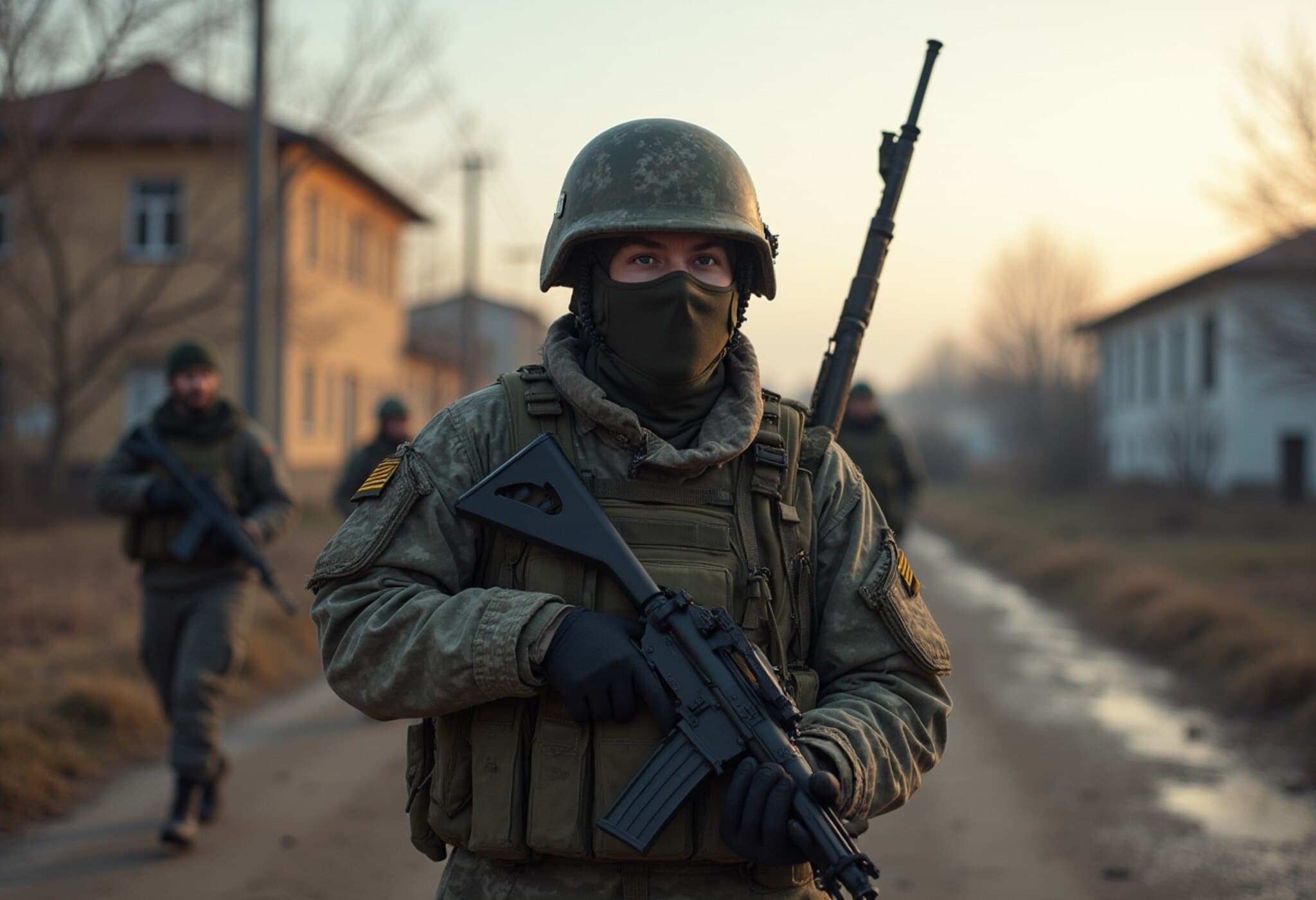Wildfires Rage Across Greece's Suburbs and Islands Amid Scorching Heatwave
As temperatures soar above 38°C (100°F), Greece finds itself grappling with a series of destructive wildfires that have tormented the country’s suburb outskirts and several islands. The ongoing heatwave, accompanied by dry weather and blustery winds, has transformed into a nightmare for communities and emergency responders alike.
Forced Evacuations Near Athens as Blaze Ravages Kryoneri
One of the hardest-hit areas is Kryoneri, a northern suburb approximately 20 kilometers northeast of Athens, where a wildfire has prompted local authorities to issue urgent evacuation orders. Residents there received three separate SMS notifications advising immediate relocation to safer zones.
Fire Service spokesperson Vassilis Vathrakoyannis conveyed to the media that multiple homes have been engulfed in flames, with damage assessments pending until the fires are fully contained. He cautioned, “The real difficulties are ahead of us,” underscoring the unprecedented challenges this wildfire season poses.
Massive Firefighting Efforts Underway with EU Assistance Requested
In response to the escalating crisis, Greece has formally requested assistance from the European Union’s Civil Protection Mechanism, appealing for six additional firefighting planes to bolster containment operations.
Currently, a formidable deployment of 145 firefighters, 44 fire engines, 10 firefighting planes, and seven helicopters are engaged in battling the flames at the Kryoneri site alone. On the ground, emergency medical teams with four ambulances are attending to at least five individuals, most of whom are elderly and suffering respiratory issues aggravated by smoke inhalation.
Multiple Simultaneous Fires Across Key Islands
The crisis is not isolated to Kryoneri. Fire services are concurrently tackling three other major wildfires blazing across Greece’s southern and central regions:
- Crete: The country’s largest island, grappling with fierce flames amid dry conditions.
- Evia: Located north of Athens, facing intense wildfire activity.
- Kythera: An island northwest of Crete, also under threat from wildfires.
These fires have marshalled an additional force of over 335 firefighters, 19 planes, and 13 helicopters. However, aerial firefighting efforts are constrained by daylight hours, adding urgency to ground operations.
Alarming Surge in Wildfires Highlights Climate and Policy Challenges
Greece has witnessed a troubling increase in both the frequency and severity of wildfires over recent years, with 52 separate wildfires recorded nationwide within the last 24 hours alone. Experts warn that rising temperatures, prolonged droughts, and land management practices exacerbate fire risks.
This situation places significant strain not only on firefighting resources but also on public health and economic stability, especially in regions heavily reliant on tourism and agriculture.
Expert Insights: The Growing Need for Climate-Adaptive Strategies
From a policy perspective, these recurrent fires underscore the imperative for Greece and the EU to invest in comprehensive climate adaptation strategies, including improved forest management, early warning systems, and increased funding for firefighting infrastructure.
American policy analysts note parallels with wildfire challenges in the western United States, where climate change similarly fuels more intense fire seasons. Collaborative international exchange on best practices could prove invaluable.
Editor's Note
Greece’s ongoing battle with wildfires amid record heatwaves paints a sobering picture of how climate crises amplify natural disasters. While immediate firefighting efforts remain critical, this moment invites a broader conversation on sustainable land management, regional cooperation, and proactive climate policies. How can countries balance ecological preservation with community safety in an era of escalating climate threats? The answers bear weight not just for Greece but for wildfire-prone regions worldwide.

